President Donald Trump agreed to end the longest shutdown in American history with a continuing resolution to reopen the government for three weeks.
The resolution doesn't include the money for a southern border wall, which Trump had previously said was the only condition on which he'd agree to reopen the government.
Trump announced that the three weeks of open government would have to see negotiations between Republican and Democratic lawmakers that allocates money for border security, which he's previously said would not work without a wall.
After the announcement, many reported that Trump had "caved" to House Speaker Nancy Pelosi (D-CA), and dictionary Merriam-Webster saw an interesting result.
Trump blinked in the first standoff he's had with the newly-Democratic House of Representatives, indicating his inexperience with navigating a government that isn't controlled by the Republican party.
Twitter users loved the shade Merriam-Webster threw with its tweet.
But Democrats weren't the only one accusing the President of caving.
Republicans chastised his concession as well. Among them, notable far-right commentator Ann Coulter.
Instigating the longest shutdown in American history had an extremely damaging effect on Trump's approval rating, but the fear of his base turning on him for not delivering on the border wall—a pillar of his 2016 campaign—is said to have fueled his insistence on it.
Now that his insistence has collapsed, it seems those fears may not have been too far-fetched.
Supporters are leaving him.
Trump insists that, though the government will be opening, the wall will get built. If it doesn't, it appears his supporters could cave as well.



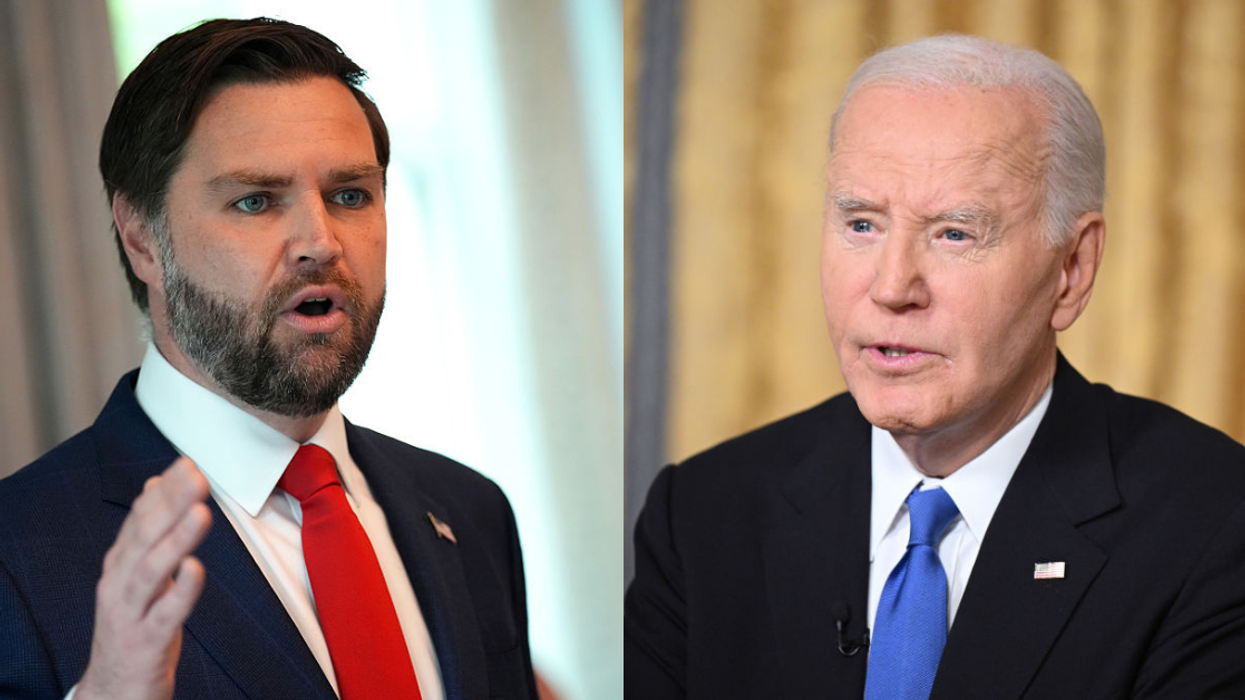

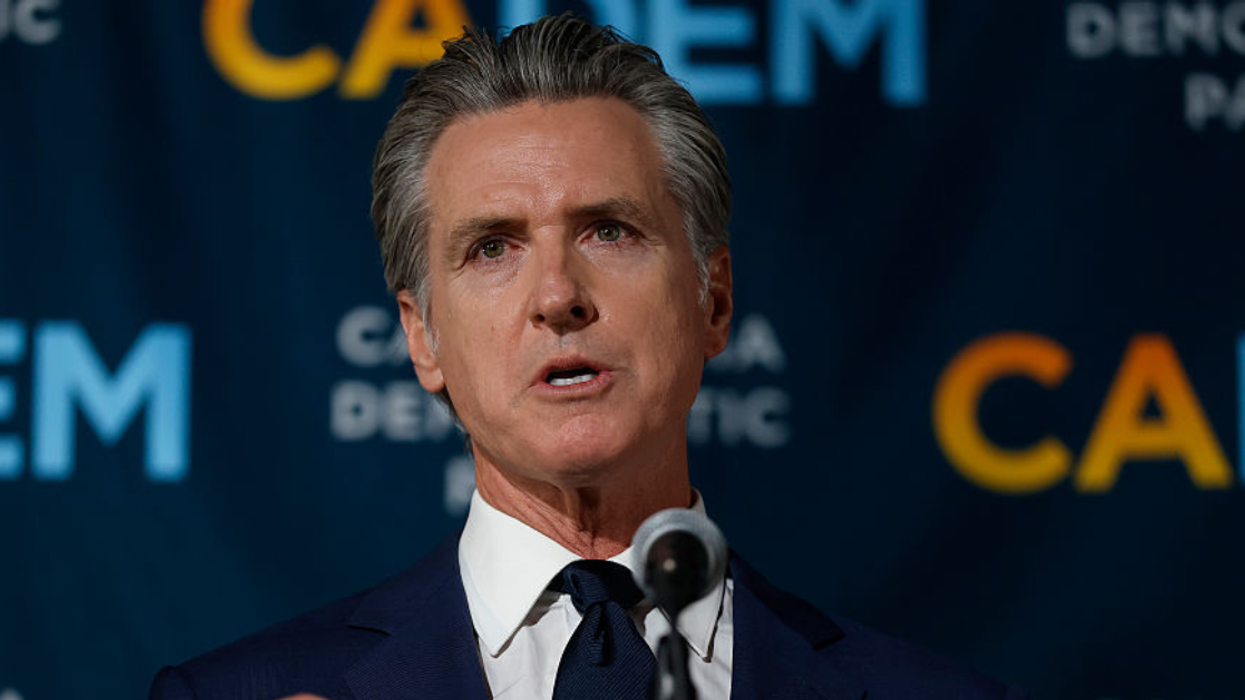


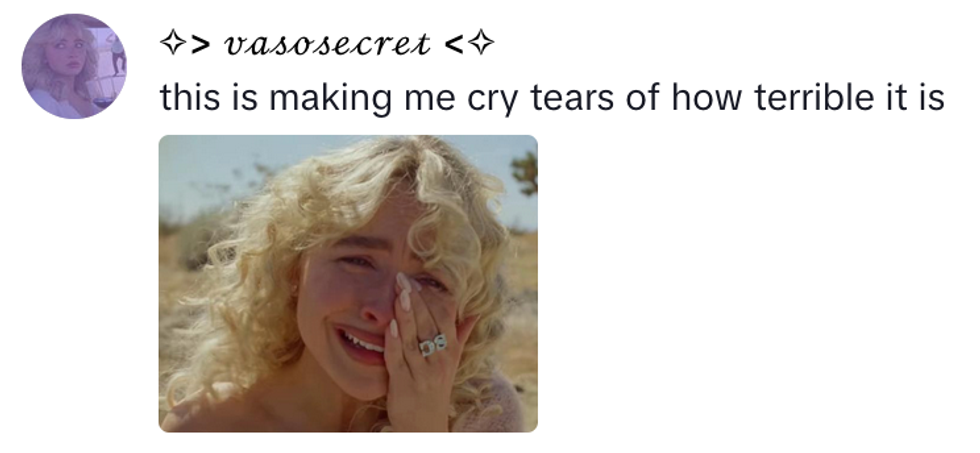 vasosecret/TikTok
vasosecret/TikTok
 dontlookatmedoll156/TikTok
dontlookatmedoll156/TikTok alyssa.b345/TikTok
alyssa.b345/TikTok EllieBelly/TikTok
EllieBelly/TikTok Shelby Daniel/TikTok
Shelby Daniel/TikTok J/TikTok
J/TikTok indigo1009/TikTok
indigo1009/TikTok Kam/TikTok
Kam/TikTok



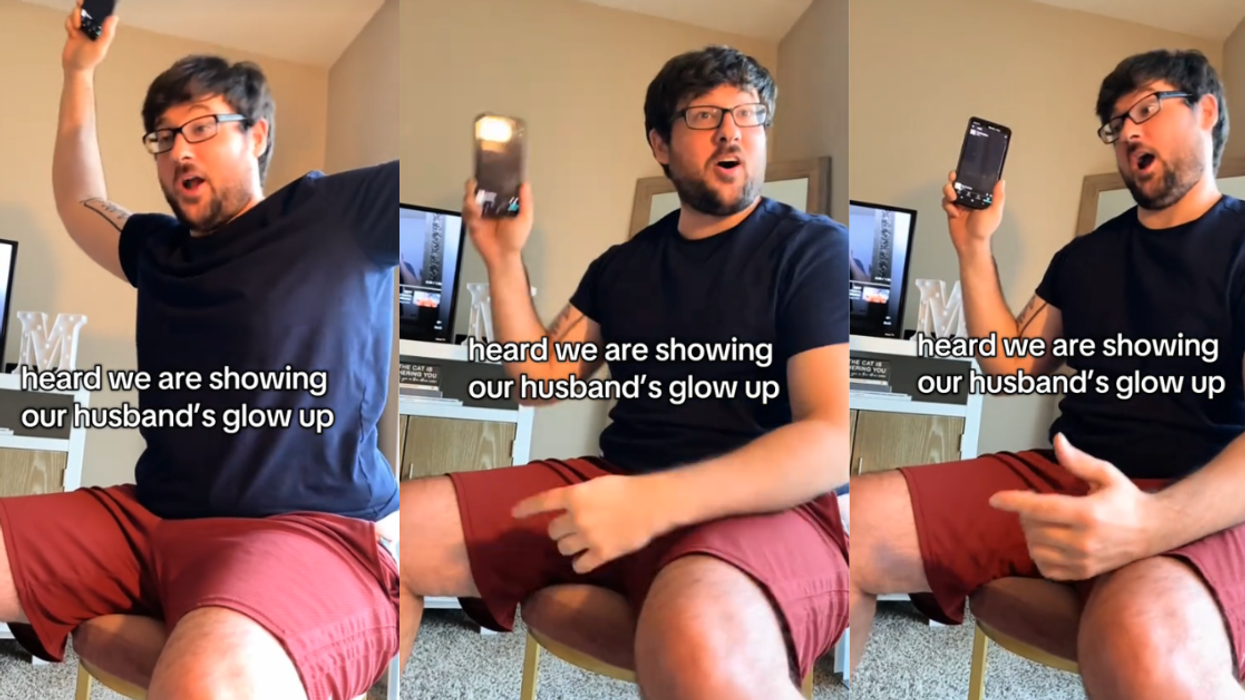

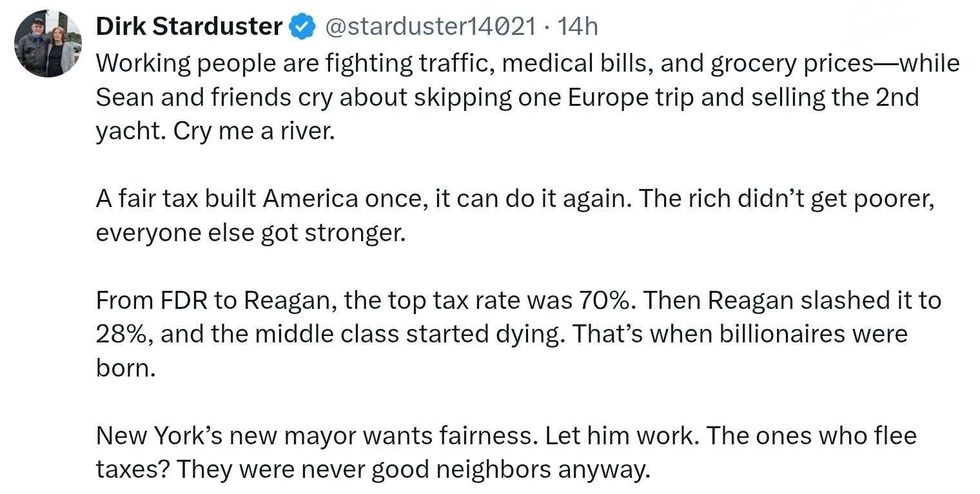 @starduster14021/X
@starduster14021/X r/TheMajorityReport/Reddit
r/TheMajorityReport/Reddit r/TheMajorityReport/Reddit
r/TheMajorityReport/Reddit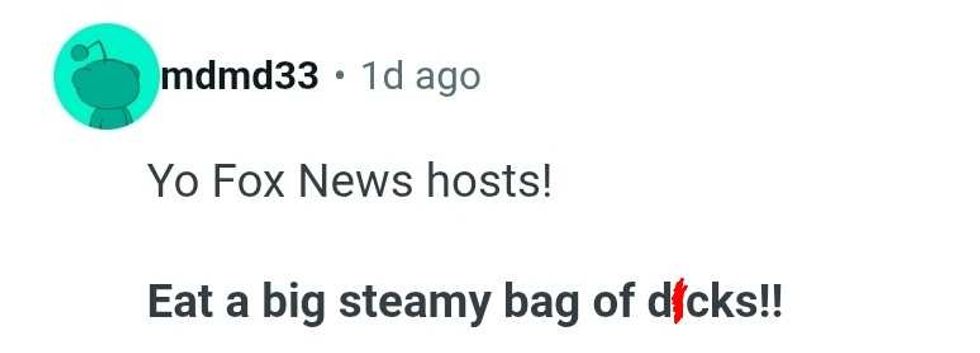 r/TheMajorityReport/Reddit
r/TheMajorityReport/Reddit r/TheMajorityReport/Reddit
r/TheMajorityReport/Reddit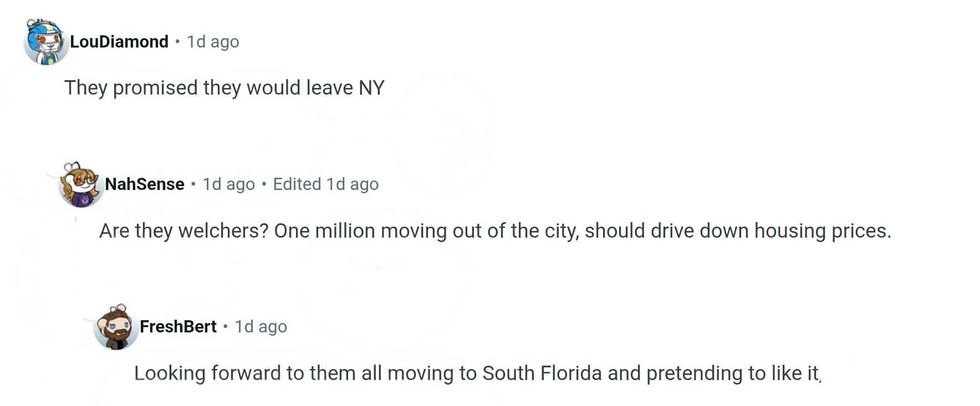 r/TheMajorityReport/Reddit
r/TheMajorityReport/Reddit r/TheMajorityReport/Reddit
r/TheMajorityReport/Reddit @sciencexspirit/Bluesky
@sciencexspirit/Bluesky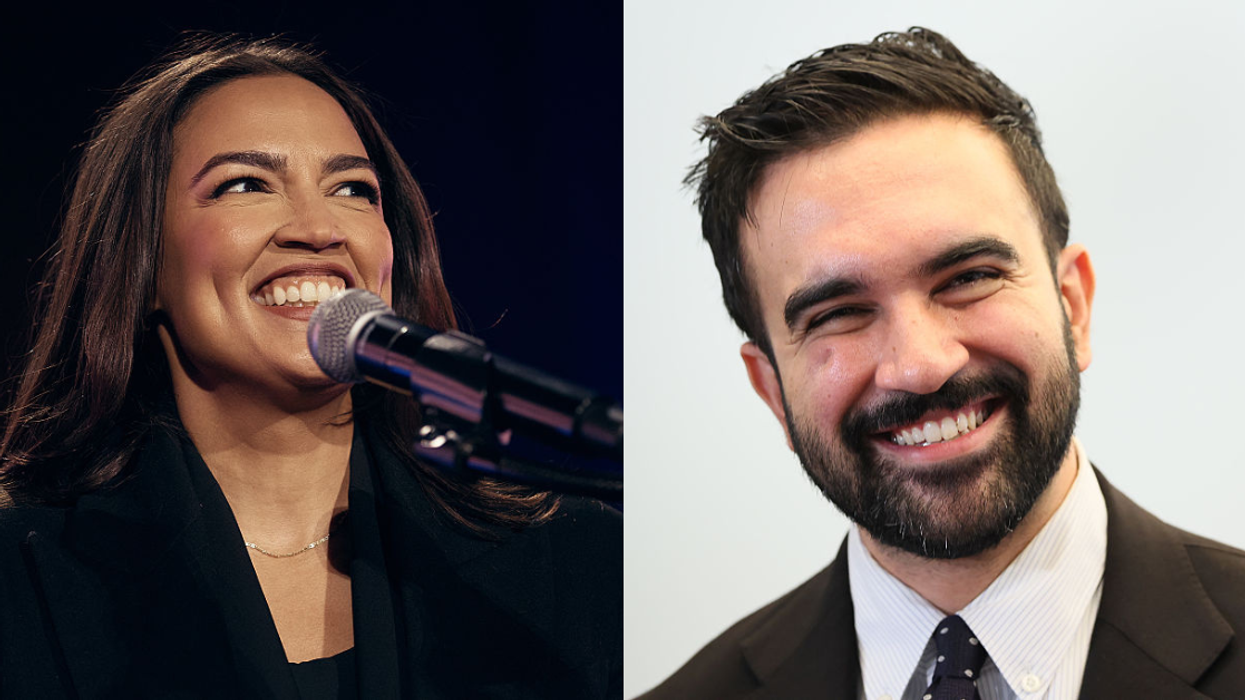
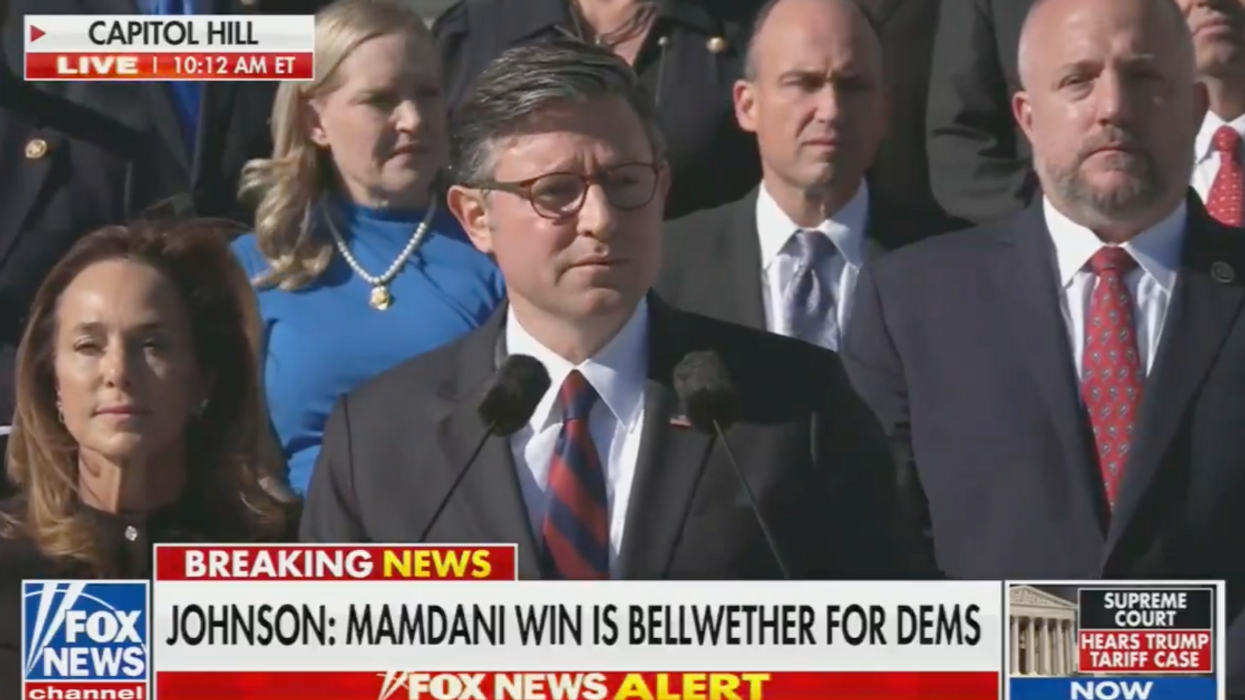

 90s popcorn GIF
90s popcorn GIF  signing season 3 GIF
signing season 3 GIF  home alone pepsi GIF
home alone pepsi GIF  Machine Production GIF by Finder Relais Nederland
Machine Production GIF by Finder Relais Nederland  No No No GIF
No No No GIF